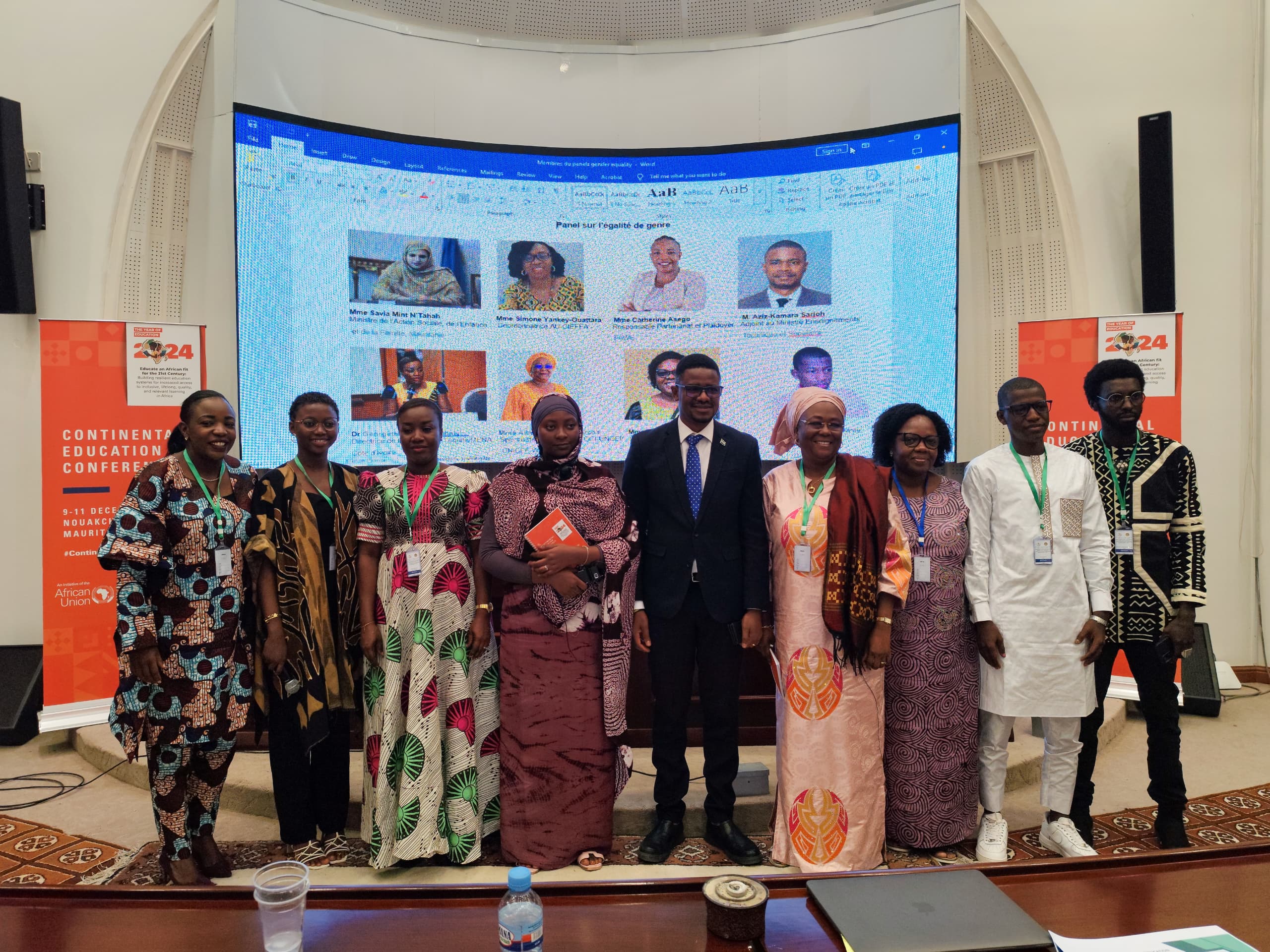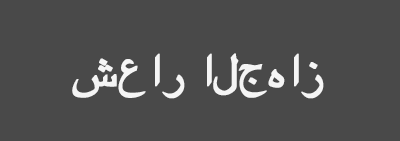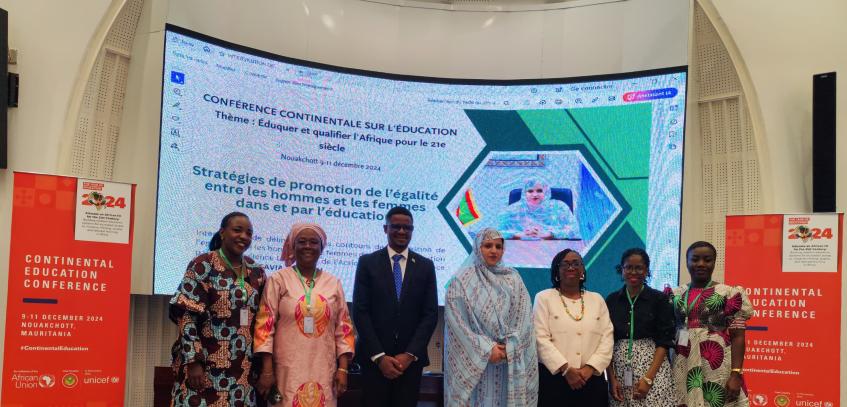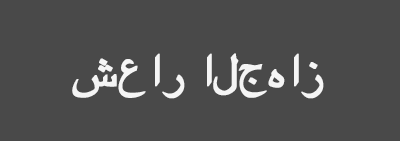In order to strategically position girls and women’s education during the Continental Education Conference (CEC), the African Union CIEFFA, together with UNICEF and UNGEI co-led two sessions on gender equity and inclusion on December 09. The Conference took place in Nouakchott, Mauritania from December 09 – 11, 2024.
The Conference is one of the key actions to advocate for inclusive and equitable education as the AU Year of education wraps up. It is organised by the African Union Commission Department of Education, Science, Technology, and Innovation and aims to evaluate the implementation of AU member states’ commitment to transform education in Africa, whilst documenting successful models and sustainable solutions.
Mainstreaming gender within education The co-chaired by the African Union CIEFFA, UNICEF and UNGEI used the two breakout sessions to mainstream gender within the discussions to further push education on the continent.
The first breakout session was dubbed “schools as a driver for gender equality”. It was an opportunity for speakers to present progress, setbacks and remaining and emerging challenges regarding gender equality in and through education in Africa. They also shared good practices on advancing gender equality in and through education systems. A strong call for political commitment and transformative action for gender equality in and through education was made, including through the Freetown Manifesto, TES Commitments, AU/PANCOGED Call for Action and Recommendations.
 The second event was themed around “Achieving equity and inclusion: The right to education for out-of-school African children”. This two-hour focused and participatory discussion laid particular emphasis inclusion of out-of-school children, children with disabilities, those on the move, girls in rural and hard-to-reach areas, and ethnic/linguistic minorities. The session addressed the challenges and opportunities related to achieving equitable, inclusive education across Africa. It also highlighted innovative solutions and inspire action towards bridging these gaps across the continent.
The second event was themed around “Achieving equity and inclusion: The right to education for out-of-school African children”. This two-hour focused and participatory discussion laid particular emphasis inclusion of out-of-school children, children with disabilities, those on the move, girls in rural and hard-to-reach areas, and ethnic/linguistic minorities. The session addressed the challenges and opportunities related to achieving equitable, inclusive education across Africa. It also highlighted innovative solutions and inspire action towards bridging these gaps across the continent.
Major perspectives presented during both sessions were the low completion rates for girls at the secondary level mainly because of the vulnerabilities, the positioning equity and inclusion in education systems is necessary and key challenges affecting inclusion and equity in education systems include poverty, conflict, humanitarian contexts, GBV, child marriages, early marriages, resource deficit (water, electricity, books), digital divide, climate displacements, gaps in policies and governance, lack of data, and poor teacher development.
Recommendations were made to promote partnerships between governments and CSOs, encourage governments to make intentional efforts to increase financing and implement education policies that promote gender equality. The example of Sierra Leone was cited as the Ministry of Education sets aside grants, particularly targeting girls who take up STEM-related courses, to promote their participation in STEM. The Ministry of Education in Côte d’Ivoire shared its experience in interventions on training trainers on gender issues, having centers of excellence, safe spaces, and mothers’ clubs to promote the safety of girls and women.
Other recommendations included recognizing that data and evidence are critical for effective planning partners, including the inclusion of young people as agents of change, embracing positive masculinity in the promotion of gender equality moving from policy to practice and cascading good practices, the reform of education systems through equitable digital technology, mother tongue transmission, provision of WASH facilities, investments in infrastructure and the acknowledgement of indigenous knowledge systems.
Speakers included, amongst others, the Ag. Coordinator of the African Union CIEFFA, Simone Yankey, the Director of UNGEI Antara Ganguli, the Director of Equity and Gender, Ministry of Education, Cote d’Ivoire, Dr Brou Georgette, the Deputy Minister of the Ministry of Technical and Higher Education, Sierra Leone, Aziz Kamara Sarjoh, the Director General at the Ministry of Education from Tunisia, Nadia Ayari, and Prof Mathole Motshekga, Executive Director of Kara Heritage Institute.










